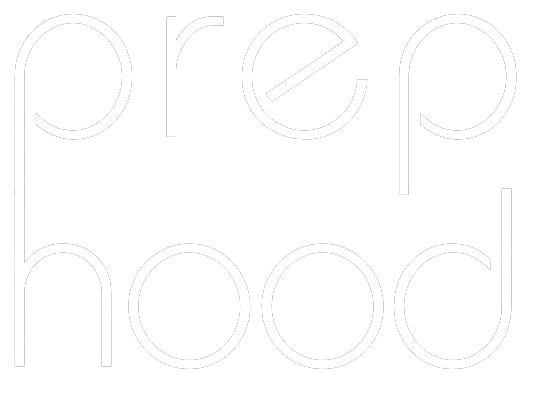Want to become an ace conflict navigator? Ever found yourself caught in the crossfire of a disagreement, wishing you had the skills to resolve it peacefully? You’re not alone. Conflict resolution is a valuable skill in both personal and professional life, enabling individuals to manage disputes effectively and maintain positive relationships. In this essay, we’ll explore five ways you can develop your conflict management skills, blending education with conversation to guide you on your journey.
1. Communication: The Foundation of Conflict Resolution
Communication is like the cornerstone of conflict resolution. It’s what enables individuals to express their thoughts, feelings, and needs clearly and assertively. To develop your conflict resolution skills, focus on improving your communication abilities. Moreover, practice active listening to truly understand the other person’s perspective, and express yourself calmly and respectfully. Therefore, by fostering open and honest communication, you can lay the groundwork for resolving conflicts peacefully and constructively.
2. Empathy: Putting Yourself in Their Shoes
Empathy is like the secret sauce of conflict resolution – it’s what enables individuals to understand and appreciate the emotions and perspectives of others. To enhance your conflict resolution skills, cultivate empathy by putting yourself in the other person’s shoes. Also, try to see the situation from their perspective, and validate their feelings and experiences. Furthermore, by showing empathy, you can build trust and rapport, paving the way for collaborative problem-solving and conflict resolution. Therefore, develop empathy at work to be better at conflict management.

3. Problem-Solving: Win-Win Solutions for Conflict Resolution
Problem-solving is like the engine that drives conflict resolution – it’s what enables individuals to identify underlying issues and work together to find mutually beneficial solutions. To develop your conflict management skills, sharpen your problem-solving abilities. Also, focus on separating the people from the problem and brainstorming creative solutions that address the needs and interests of all parties involved. Hence, by approaching conflicts with a solutions-oriented mindset, you can transform disagreements into opportunities for growth and collaboration.
4. Emotional Regulation: Keeping Your Cool Under Pressure
Emotional regulation is like the anchor that keeps conflict resolution grounded – it’s what enables individuals to manage their emotions effectively and stay calm under pressure. To enhance your conflict management skills, practice emotional regulation techniques such as deep breathing, mindfulness, and self-reflection. Learn to recognize your triggers and respond to conflict with poise and composure. Thus, by keeping your cool under pressure, you can prevent conflicts from escalating and facilitate constructive dialogue and resolution.

5. Mediation and Negotiation: Seeking Third-Party Support
Mediation and negotiation are like the Swiss Army knives of conflict resolution – they’re versatile tools that enable individuals to resolve disputes through facilitated dialogue and compromise. To further develop your conflict resolution skills, seek out opportunities to mediate or negotiate conflicts between others. Moreover, act as a neutral third party, guiding the conversation, and helping the parties involved find common ground and reach a resolution. Therefore, by honing your mediation and negotiation skills, you can become a valuable resource for resolving conflicts in your personal and professional life.
What did we learn?
Conflict resolution is a valuable skill that enables individuals to manage disputes effectively and maintain positive relationships. By focusing on improving your communication, empathy, problem-solving, emotional regulation, and mediation and negotiation skills, you can develop the tools and techniques needed to navigate conflicts peacefully and constructively. So, let’s sharpen our conflict resolution skills, my friends, and embark on a journey toward greater understanding and harmony together.

